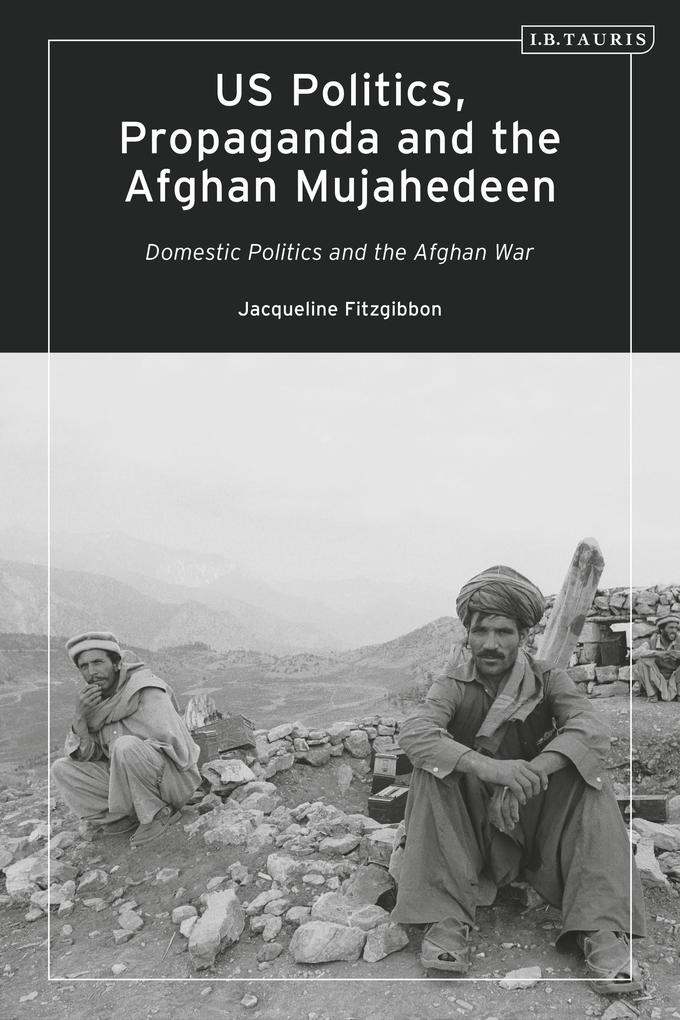
Zustellung: Do, 24.07. - Mo, 28.07.
Versand in 5 Tagen
VersandkostenfreiBestellen & in Filiale abholen:
Influential fundraising groups and senators in the US made enormous efforts in the First Afghan War to present the Mujahedeen as 'freedom fighters' - even while the CIA secretly armed them. A mass propaganda effort was launched, aimed at portraying parts of Afghanistan as victims of communist aggression. As we know now, many of those groups that were armed became the seedbeds for organisations like Al-Qaeda. Dr Jacqueline Fitzgibbon, through a forensic investigation of the American PR of the period, argues that this militarised and fractured Afghan society for a generation - partly resulting in the mess today. She examines the American efforts to suppress any reports which showed these forces as anti-western or anti 'American values', and instead to portray the arming of partisan groups, often an extremely dangerous course of action, as an example of American values in action.
Inhaltsverzeichnis
Table of Contents
Introduction
1. US Foreign Policy and Afghanistan: History, Context and Carter
2. The Reagan Administration: Foreign Policy influences and the Importance of Propaganda
3. The Reagan Doctrine, Propaganda and the Afghan Conflict
4. Justifying Escalation in Afghanistan
5. The Afghan Media Project
6. 'The Road to Geneva and Beyond': The Superpower Summit, Public Diplomacy and the Afghan Conflict
7. The Beginning of the End: The Geneva Accords and National Reconciliation
Conclusion
Bibliography
Index
Introduction
1. US Foreign Policy and Afghanistan: History, Context and Carter
2. The Reagan Administration: Foreign Policy influences and the Importance of Propaganda
3. The Reagan Doctrine, Propaganda and the Afghan Conflict
4. Justifying Escalation in Afghanistan
5. The Afghan Media Project
6. 'The Road to Geneva and Beyond': The Superpower Summit, Public Diplomacy and the Afghan Conflict
7. The Beginning of the End: The Geneva Accords and National Reconciliation
Conclusion
Bibliography
Index
Produktdetails
Erscheinungsdatum
18. November 2021
Sprache
englisch
Seitenanzahl
236
Autor/Autorin
Jacqueline Fitzgibbon
Verlag/Hersteller
Produktart
kartoniert
Gewicht
365 g
Größe (L/B/H)
234/156/13 mm
ISBN
9780755637256
Entdecken Sie mehr
Bewertungen
0 Bewertungen
Es wurden noch keine Bewertungen abgegeben. Schreiben Sie die erste Bewertung zu "US Politics, Propaganda and the Afghan Mujahedeen" und helfen Sie damit anderen bei der Kaufentscheidung.









